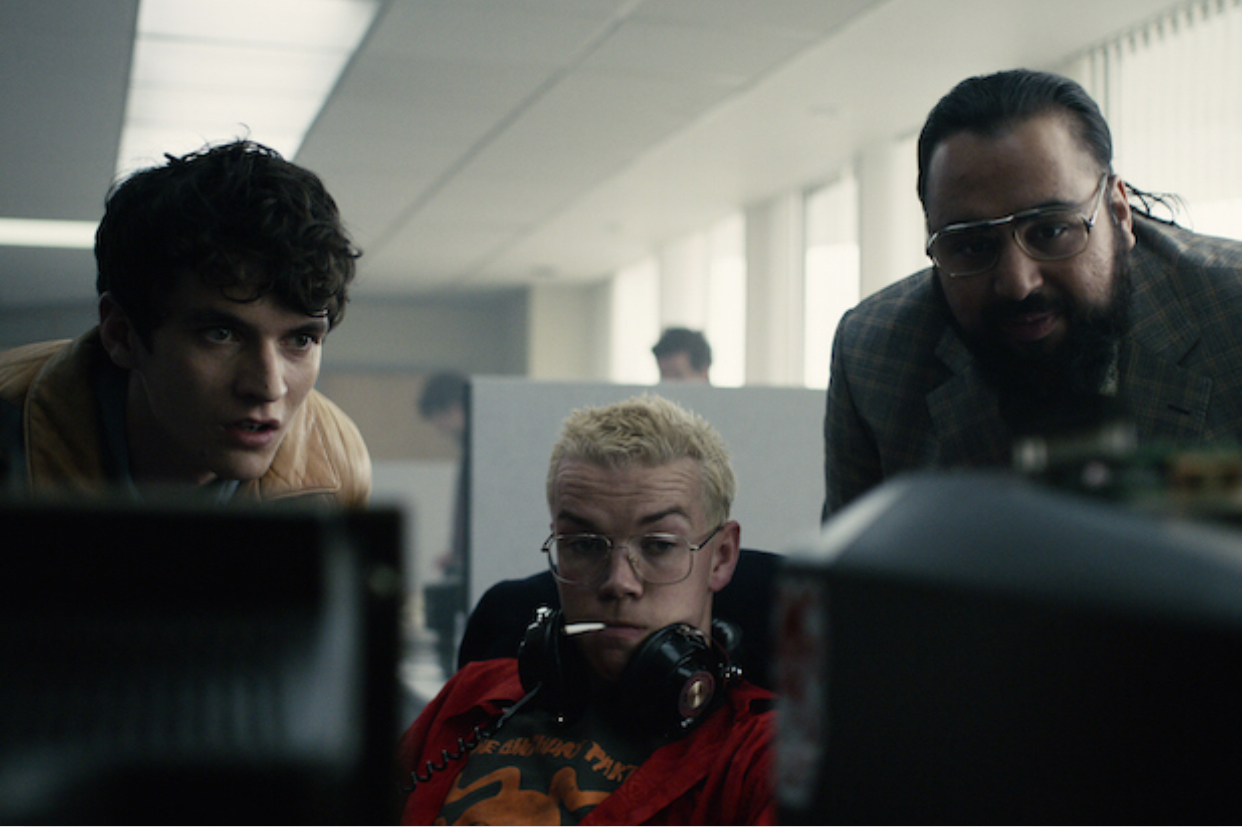
By Lexi Kortman | Writer
January 15, 2019
Heads up, this article contains spoilers about the Netflix Original, Bandersnatch!
Many philosophers ponder the question of fate over free will. However, the new movie Black Mirror: Bandersnatch begs the question: Does free will even exist?
Bandersnatch is unlike any movie we’ve seen Netflix – or, really, any movie we’ve seen ever before. For those few who haven’t heard of it or its interactive format, here’s the rundown: throughout the episode, the viewer is given two choices, ranging from small things – like what the main character should eat for breakfast – to big ones, like whether to kill his own father. The story follows Stefan, who is designing a choose-your-ow-adventure style video game, and the viewer’s choices lead to different endings, all of which mirror Stefan’s success with the game.
“I spent a solid four hours trying to get to every ending,” junior Bianca Materna said. “I rewatched the episode so many times, wondering how they were able to film so many different parts. Even little things, like Stefan biting his nails versus pulling his ear meant that two different scenes to film, and I wondered the whole time how it was produced without the cast or crew going crazy.”
Clearly, this was a unique and difficult episode to film. Netflix’s own news account, @SeeWhatsNext on twitter, reported that the episode took over a year to plan, has a script about 90 pages longer than a regular Black Mirror episode, took 35 days to film, and contains over a trillion permutations to explore.
“I think the idea of an interactive movie is super interesting, especially with an online service like Netflix running it” senior Chandler Eldridge said. “However, I think it would be difficult for people to discuss it and rate it since people experience different storylines and will therefore have different experiences and opinions. I don’t really think this movie will open up the doors for similar films because it is fairly difficult to produce and execute.”
By allowing viewers to decide what happens, the illusion of free will is created, which draws people into the allure of a show seemingly custom to their decisions. However, with only two choices for each possibility and a finite number of endings, clearly the decisions are only masquerading as free will.
So, are we really in control? Or do we have as little control as Stefan?

Leave a Reply